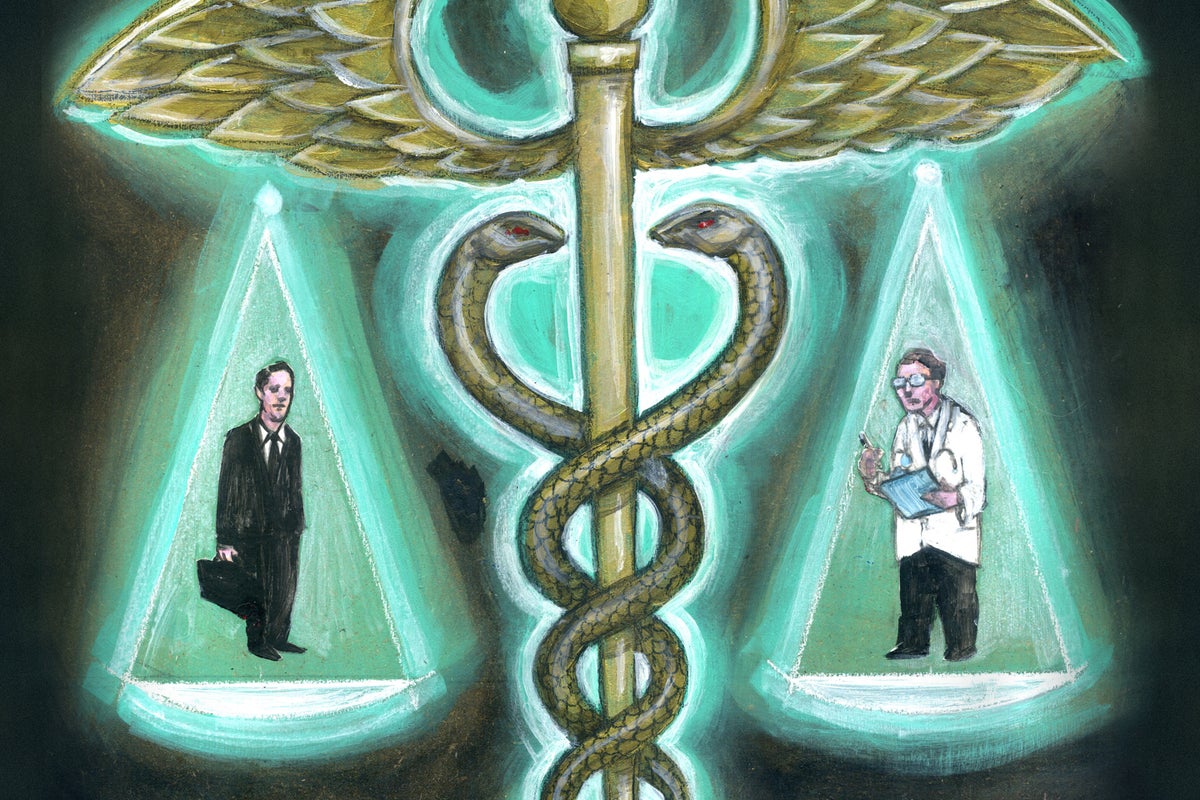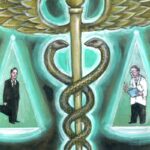Reviewed by QualityHealth’s Medical Advisory Board
1. A Stronger Immune System
See ya, sniffles. A study by researchers at Wilkes University in Wilkes-Barre, Pennsylvania, found that college students who reported having sex once or twice a week had higher levels of immunoglobulin A (IgA) than those who had sex less (and surprisingly, more) frequently. “IgA is the fighter cell of the immune system,” explains Mary Jo Rapini, author of Recoupling: a Couple’s 4-Step Guide to Greater Intimacy and Better Sex (Motivational Press Inc.; 2015). “Having sex gets them fired up and on the front lines of defense.”
2. A Healthier Heart
Frequent sex can lead to a lower risk of heart disease. That’s because the rhythmic pumping up, followed by the relaxing of the heart muscle during sex gives the heart a workout, says Leslie Beth Wish, EdD, MSS, author of Smart Relationships: How Successful Women Can Find True Love (New Horizon Press; 2013). Several studies have found that men who had sex at least twice a week had a significantly lower risk of developing cardiovascular (heart and blood vessel) disease than men who had sex only once a month.
3. Youthful, Glowing Skin
Just like beauty sleep, sex can give your skin a glow. The one-two punch of increased blood flow and a flood of hormones delivers improved skin tone, says Rapini: “It’s a youth serum!” In fact, a Scottish study of 3,500 adults found that men and women who had sex an average of three times a week were perceived to look seven to 12 years younger than those not having sex as frequently.
4. Better Bladder Control
Sexy, we know. But the muscles involved during vaginal sex are exercised and strengthened; this improve bladder control, explains Wish.
5. Stress Relief
You can thank oxytocin for this, says Wish. The so-called “cuddle hormone” is what women feel during childbirth, and besides feelings of bonding, it provides a sense of calm and reassurance. Sex will probably help you sleep better, too: “Having sex reduces anxiety, and improves [your] chance of getting a good night’s sleep,” says Wish.
6. Migraine Relief
Headache? Not tonight. Neurotransmitters (chemicals in the brain) that send messages–such as pain or pleasure–released during orgasm have a strong pain-blocking effect. A recent study found that up to one-third of patients with migraines or cluster headaches found relief after having sex. The researchers chalk it up to hormones: The rush of oxytocin triggers the release of endorphins, neurotransmitters associated with pain and stress relief.
7. Reduced Risk of Some Cancers
Australian researchers found that men who reported frequent ejaculations, particularly in their early adult life, had a lower risk of prostrate cancer. Research has also linked sex with a reduced risk of breast cancer in women. “It is believed that sex reduces the inflammatory response, lowering the risk of breast cancer in women as well as prostate cancer in men,” explains Wish.
8. A Closer Connection With Your Partner
“Sex reaffirms connection, calms overall mood, and increases oxytocin,” says Wish. The sense of attachment to your partner is greater after orgasm—you feel more connected and not so lonely. And phenomena doesn’t just affect women: “Men feel attached to women after sex, too. Probably more from a sense of connection, of feeling desired, than hormones. Though the pleasure hormone, dopamine, does rise in men after sex.”
So what are you waiting for? As Wish puts it, “Good sex with a good partner in a good relationship is good medicine.”
Leslie Beth Wish, EdD, MSS reviewed this article.
Sources
Mary Jo Rapini. Phone interview with author February 2, 2016.
Leslie Beth Wish, EdD, MSS. Phone interview with author February 3, 2016.
Charnetski Carl J., Brennan Francis X. “Sexual Frequency and Salivary Immunoglobulin A (IgA).” Psychological Reports 94,3: 839-844. doi: 10.2466/pr0.94.3.839-844
Hambach Anke, Evers Stefan, Summ Oliver, Husstedt, Ingo W., Frese Achim. “The Impacts of Sexual Activity on Idiopathic Headaches: An Observational Study.” Cephalalgia 2013 33,6: 384-389. Published online before print February 19, 2013, doi: 10.1177/0333102413476374.
Giles GG, Severi G, English DR, McCredie MR, Borland R, Boyle P, Hopper JL. “Sexual Factors and Prostate Cancer.” BJU Int 2003 92,3: 211-6.
Weeks, David. “The Benefits of Sexual Activity in Later Life.” Paper presented at the Faculty of the Psychology of Older People, The British Psychological Society. 2013.













